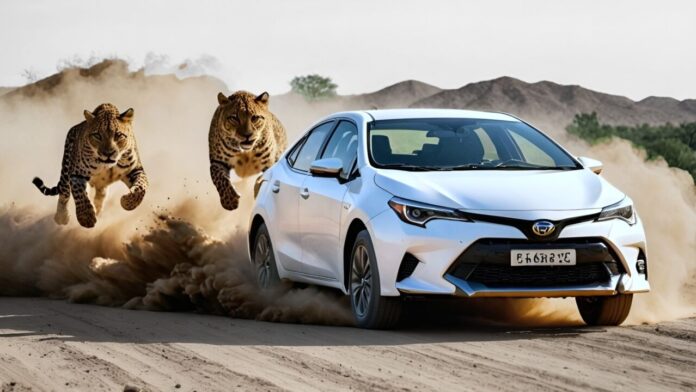Toyota has been very persistent with its hybrid car strategy and is not backing down. But is Toyota’s strategy the right one? Here are the debated details…
In recent years, there has been a major debate in the automotive world, including among our readers. While electric vehicles (EVs) are becoming increasingly popular, some giants like Toyota have remained insistent on hybrid vehicles. So, was Toyota really right about hybrid cars? Here’s the debate that is dividing car enthusiasts…
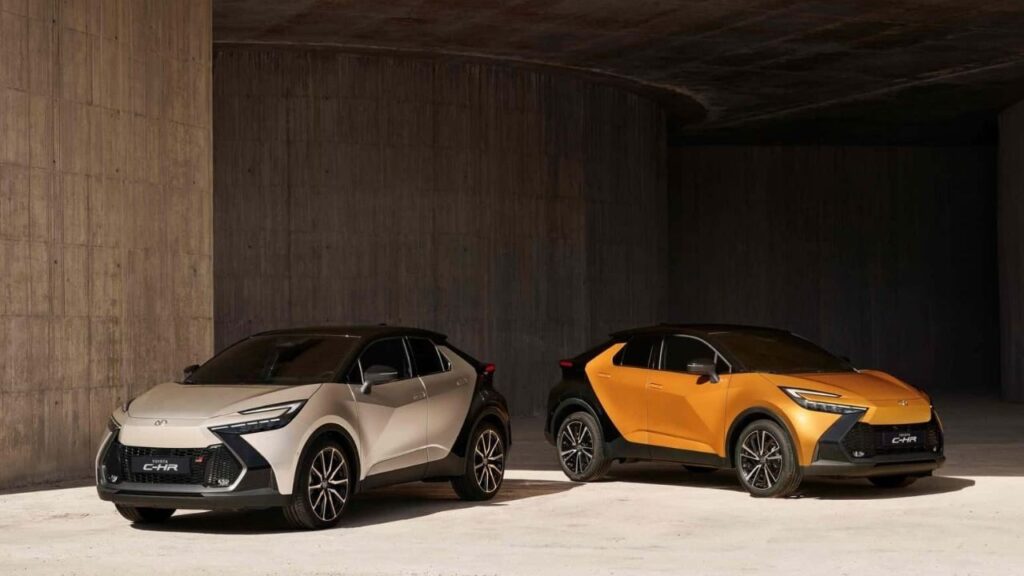
Why is Toyota so adamant about hybrid cars?
Toyota decided to invest in hybrid vehicles instead of fully transitioning to electric vehicles. There are several reasons behind this decision. First and foremost, battery supply is still a significant issue. Although battery prices have dropped in recent years, they are still not entirely affordable. China has a substantial advantage in battery production. However, relying on this supply chain comes with considerable risks. For instance, China’s rare earth mineral embargo against Japan in 2010 demonstrated the dangers of such dependencies.
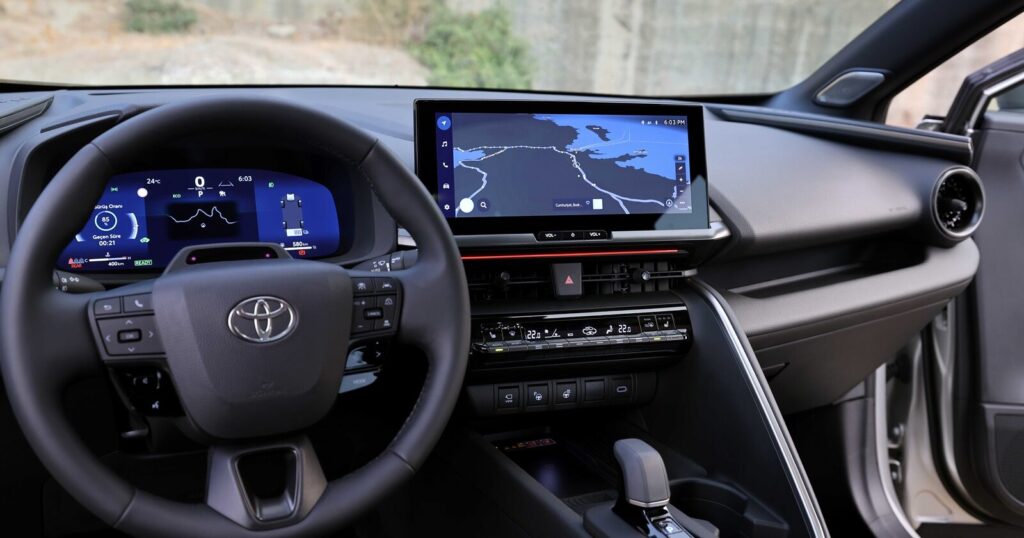
Hybrid vehicles can serve as a bridge during the transition period by combining electric and gasoline engines. By using smaller batteries, it is possible to produce more vehicles with the same amount of battery material. Additionally, hybrid vehicles offer some advantages in the transition to fully electric vehicles. Oil companies might also support hybrid vehicles because they still use some fossil fuels. However, in terms of energy efficiency, hybrid vehicles are not as effective as fully electric vehicles. Thus, in the long run, it seems unlikely that hybrids will replace fully electric vehicles.
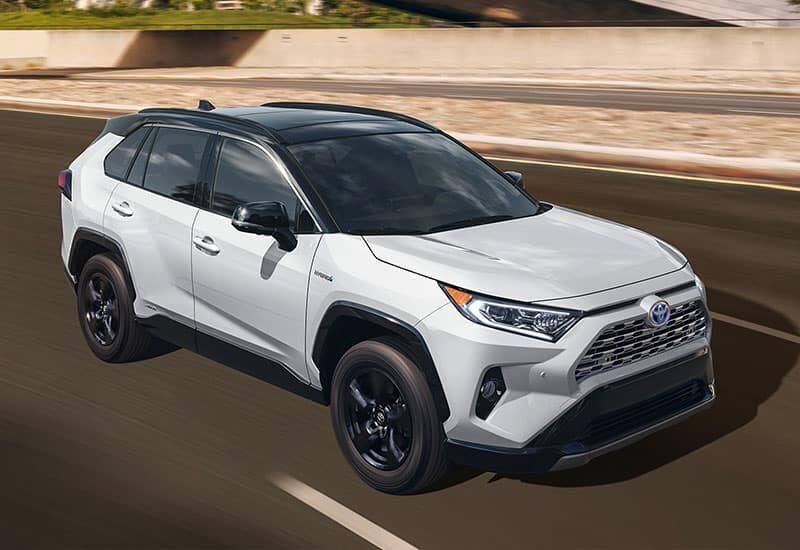
Future Considerations
In the future, battery prices are expected to fall, and battery supply is anticipated to increase. In this case, fully electric vehicles could surpass hybrid vehicles in terms of both cost and efficiency. However, the development of charging infrastructure will be a critical factor. Currently, there are not enough charging stations to support the widespread adoption of electric vehicles, and existing stations are often unreliable and difficult to use. If charging infrastructure does not develop quickly enough, people might still prefer hybrid vehicles for long journeys.
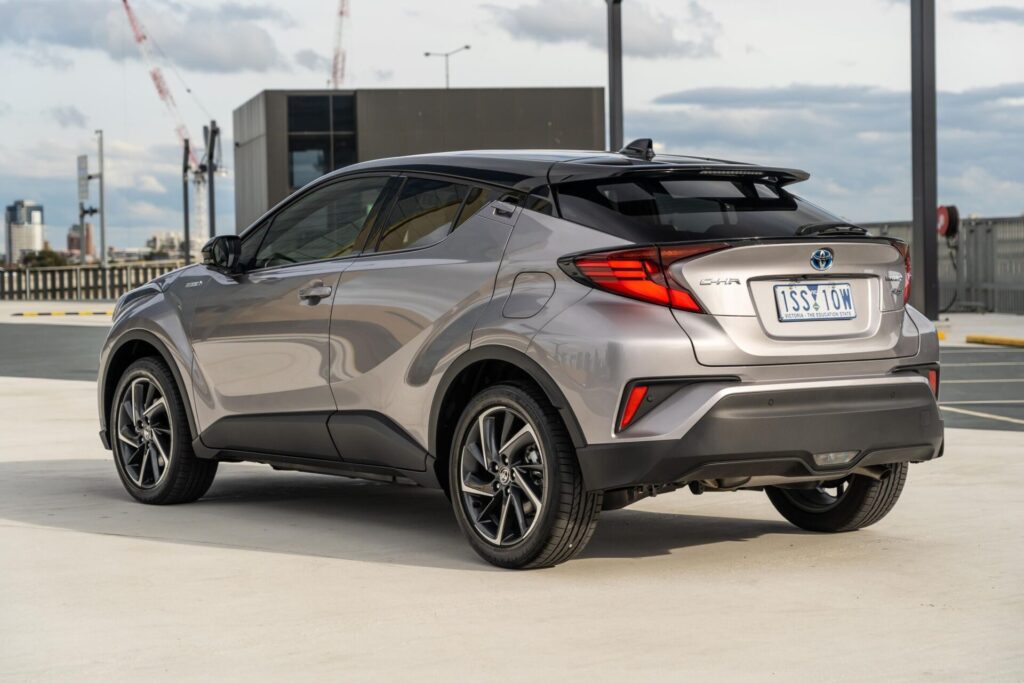
Toyota’s Short-Term Advantages and Long-Term Predictions
By investing in hybrid vehicles, Toyota has gained some short-term advantages. Hybrid vehicles have received support from oil companies while offering consumers a more comfortable option during the transition period. However, the widespread adoption of fully electric vehicles in the long term seems inevitable. The development of charging infrastructure and the reduction in battery prices will pave the way for fully electric vehicles. If this happens, hybrid vehicles may become obsolete.
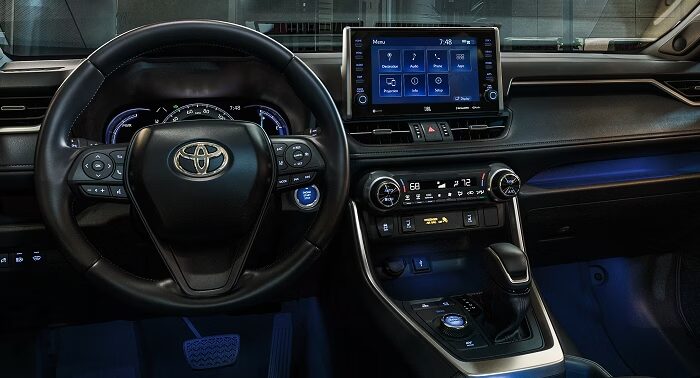
Toyota’s investment in hybrid vehicles seems like a sensible strategy in the short term. However, fully electric vehicles are predicted to prevail in the long run. With the rapid development of charging infrastructure and the decrease in battery costs, fully electric vehicles will become more advantageous both economically and environmentally. Therefore, although Toyota’s hybrid obsession may work in the short term, the future seems to belong to fully electric vehicles.
So, how do you evaluate Toyota’s hybrid strategy? Do you think hybrids or electric vehicles are better? Share your thoughts in the comments section below.

